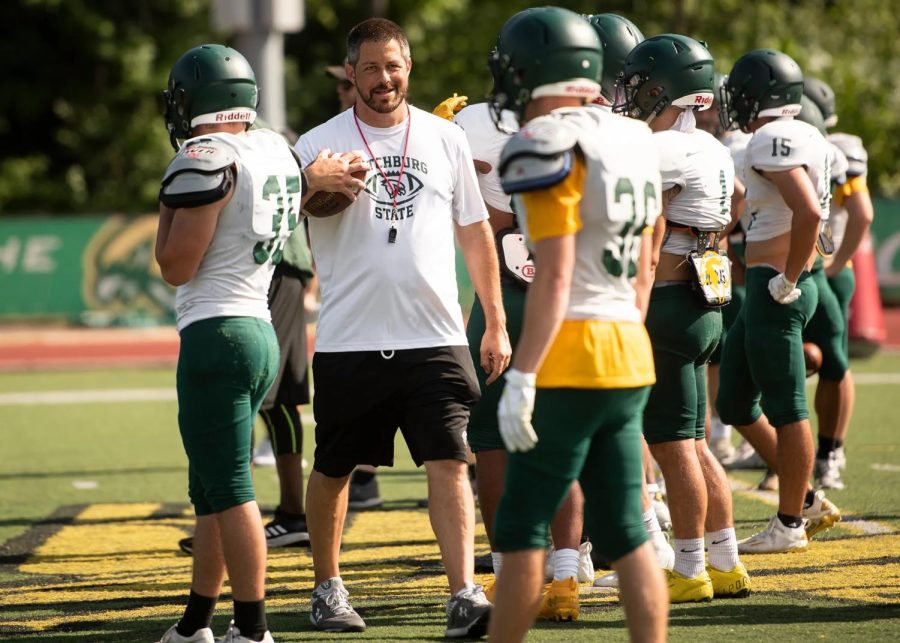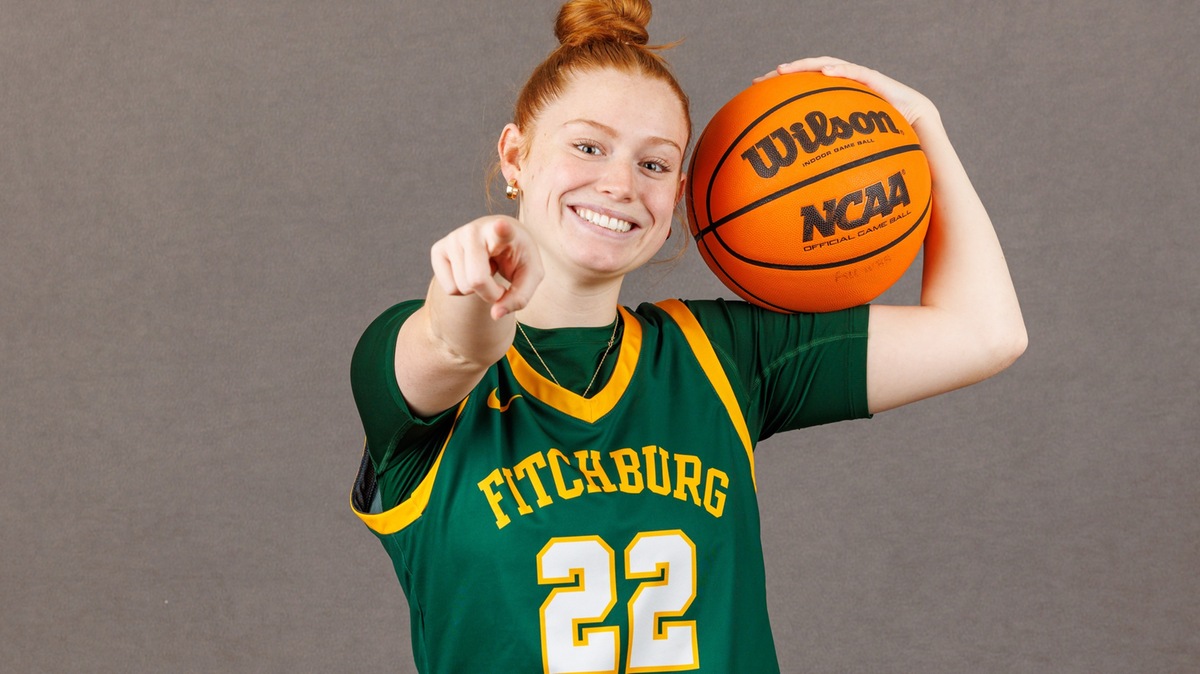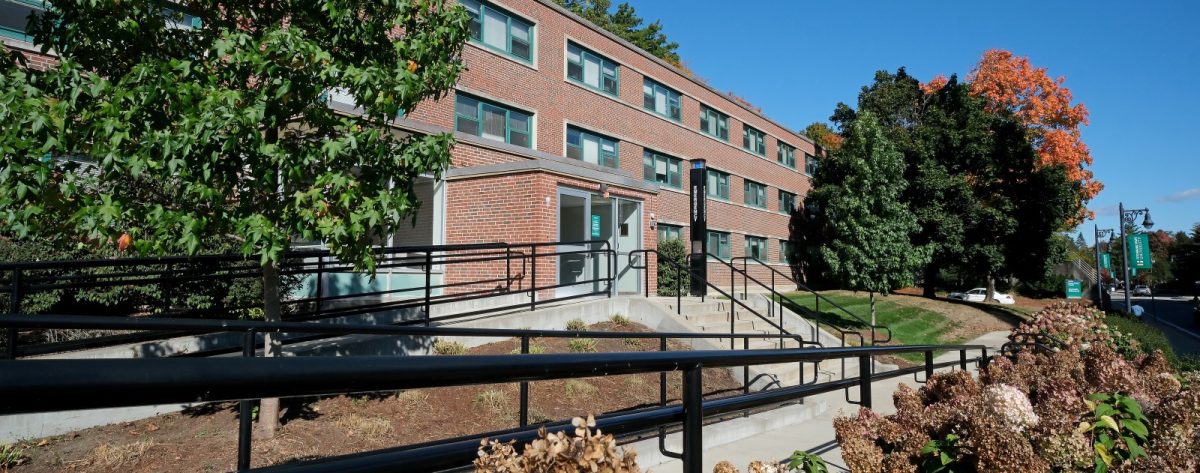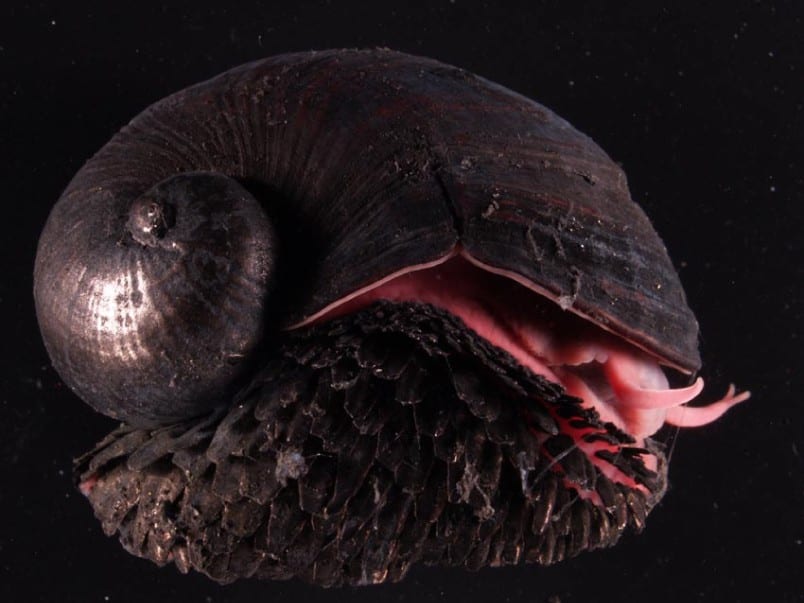Fitchburg State’s Scott Sperone Stepping Down from Head Coach Position amidst Verbal Abuse Allegations
Former Fitchburg State coach Scott Sperone during a September practice last year, photo via the Telegram & Gazette
November 15, 2022
Update – Feb. 6, 2023 – This piece has been updated for clarification and the addition of an official statement from the University regarding Sperone’s departure.
Amidst verbal abuse allegations, Fitchburg State’s Scott Sperone has left his position as the head coach of the football program after the team’s loss against Bridgewater State University.
An official University statement from Fitchburg State reads, “Scott Sperone resigned his position as Fitchburg State University’s head football coach in October 2022, leaving a post he had held since January 2020.”
In a letter to players announcing his departure, Sperone thanked his team members for their persistence and commitment.
“I am confident you will be successful in whatever you choose to do in life because you have proven you will not quit, and will fight through the tough times,” he said. “The process to become a championship football team takes time, effort and the belief that this program will become a champion. Embrace the grind and understand that if being a college football player were easy, then everyone would do it. Continue to work to become the best student, the best football player and the best person you can be, every day.”
It is unclear whether Sperone was asked to resign or submitted a letter of resignation himself. Though some player accounts claim that Sperone was asked to resign shortly after the incident, the university says otherwise. Athletic Director Matt Burke told The Point that whether or not Sperone was asked to resign is a question that he could not legally answer.
“There’s privacy issues involved in that and human resources law. So that’s one area, unfortunately, that I can’t share any more details about,” said Burke.
In the midst of what was about to be a very tough loss, Coach Scott Sperone called one of his players a “pu*sy” for not wanting to return to the field to punt. Although that player himself was not ready to speak about the incident to The Point, team captain Frank Sims has chosen to speak up about the incident and share his experience.
Sims explained that since the team was losing 82-0, the coach began giving playing time to the second and third string substitutes, one of them being second string sophomore quarterback Thomas Farr. Sperone’s frustration, however, began earlier when Farr refused to go out to punt due to a back injury he sustained during the game.
“We were losing pretty bad, so [Farr]—also the starting punter—needed a break…He hurt his back,” said Sims. “And our coach went out of the way and called him a pu*sy.”
Sims explained that Farr refused to return to the field to punt because of his injury, which is when Sperone called him a “pu*sy” for the first time. After some time on the sideline, Farr was ready to return to the field, even going as far as saying “I feel better now, so I’m going to go in if Coach needs me,” according to Sims. Despite this, Sperone decided to yell at Farr for declining to go in to punt and called him a pu*sy a second time.
According to some of the player’s accounts, when approached by Farr’s parents, Sperone denied ever referring to Farr in that manner.
“I don’t mind coaches talking to us like that, if they mean it in a way of love,” said Sims. “But some kids nowadays aren’t brought into aggressive coaches […], he should know his players. He was our coach for probably [two] years, and he should understand these kids don’t like that.”
Freshman wide receiver Mark Osorio believes that a coach’s responsibility lies in bringing his players up, instead of dragging them down, like Sperone did during the Bridgewater State game.
“You don’t call a player out of his stance. He’s supposed to motivate and keep heads up,” said Osorio.
Sperone’s behavior toward Farr is not unusual in college sports. Despite higher prioritization of strict injury protocol, college athletes still face pressure to play from coaches who feel pressure to win at all costs.
While Sperone’s actions on the field may seem shocking to those less familiar with college sports, verbal abuse of student athletes is neither new, nor extremely rare. Some student athletes are willing to speak up, but others fear retaliation in the form of limited field time, or cuts from the team.
A culture of “tough love” is also often to blame for the silence of abused players. College coaches sometimes use abrasive or offensive language as a technique to motivate players to push themselves harder. However, as Sims and others on the Fitchburg State football team expressed, the athletes need to be on the same page, or at least trust that the coach is speaking aggressively as a means to lift them up.
Farr’s case also brings to light a growing concern within competitive sports at all levels. In the past, playing through injury was seen as a show of grit and strength. It demonstrated a higher level of commitment to the team. However, recent studies, and more critical conversation, around the long-term impact of athletic injuries, particularly in football, have changed the game.
This act of verbal abuse by Sperone speaks to his behavior, and according to the team, Sperone’s attitude was not entirely surprising. A couple of players suggested he was “inconsistent.”
“He tries to play the nice guy, like make everyone happy when it came to coaching. And then sometimes he would just snap and be overly aggressive,” said Sebastian Burmester, the sophomore inside linebacker of the team. “He was never consistent with how he coached.”
Osorio mirrored Burmester’s statement and added: “He’s very random. Not a lot of people took him seriously.”
Sims also remarked about the inconsistent nature of Sperone’s coaching, saying that he wouldn’t take games very seriously and would joke around a lot before games.
“For instance, we’re getting ready for a game—I know this sounds crazy—he would just crack jokes. He’d come up to you and say little jokes, and mind you, we were losing 82 to zero or 48 to nothing and getting embarrassed,” sighed Sims. “Everybody in the school would be thinking our team’s a joke, and I would try to talk to him about this and he would just be fun and games and making jokes, throwing the football in the air—just not being a coach.”
Sims, aware of the team’s record and sick of losing, didn’t agree with the coach’s playful approach to the sport. He believed that he’d worked hard enough, both on and off the field, to be heard.
“I didn’t agree with us not being able to meet with Coach Sperone during the process [of his resignation]. We’ve met with other coaches, but we never met with Coach Sperone,” said Sims.
Aside from the neglect the team felt during the process of Sperone’s resignation, Sims was previously frustrated with Burke’s dismissal of the team’s concerns after Sperone’s first season as head coach.
“I told [Burke] that Scott wasn’t the guy for us. And he was very sold on the fact that he was going to be the guy this year, and unfortunately, we knew he wasn’t going to be,” said Sims. “I think that’s obviously true on my end, because now he has no job and the program is in better hands, and we’re more of a unit than we’ve ever been with him.”
Mark Sullivan has stepped up as interim head coach for the program, and although a permanent replacement has not been determined, Sims believes that a sense of unity has developed around the program that didn’t exist while Sperone was around.
Sperone’s resignation has sparked a feeling of improvement throughout the team, and players like Osorio and Burmester join Sims in the outlook that the program is now headed in a better direction.
“I definitely feel like the team atmosphere has changed in a positive way. I’m hoping it’s only up from here. The rest of the season may be a struggle because of the lack of numbers, but I think, with the right coaching and obviously not Sperone, there’s only good things to come for Fitchburg,” said Burmester.
Editor’s Note: Jorge Merino is a part of the Fitchburg State football program. Merino contributed to this article by assisting in arranging interviews but did not conduct interviews with anyone except the athletics director. All interviews were conducted by the primary reporter on this story Nicholas Valdez. Valdez authored this article.













KO • Nov 17, 2022 at 9:59 am
Isn’t the writer a member of the football team? Should that not be disclosed to give the readers an idea of what this article actually is – a subjective opinion piece from a few clearly disgruntled ex-players crying to the internet about their meanie football coach.